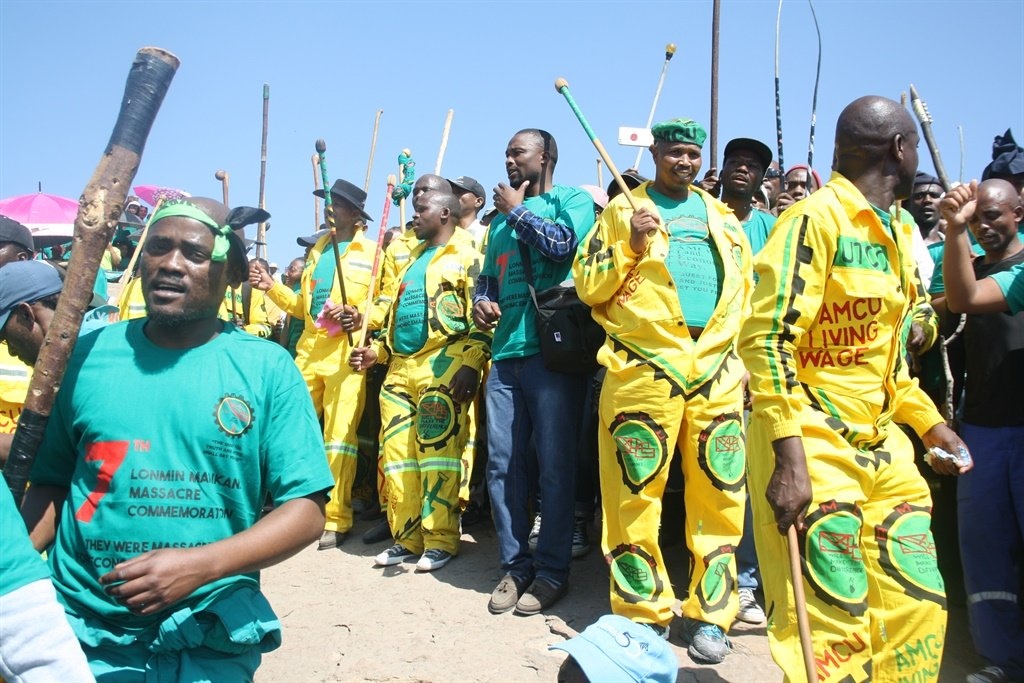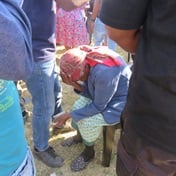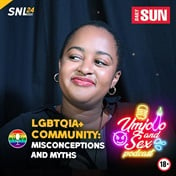
AS the country gears itself to remember those who died during the Marikana massacre, it was important to note that eight years later no one has been held to account.
Delivering the Marikana 8th memorial lecture on Friday, Wits Professor Noor Nietfagodien, said the events of that fateful day was a painful reminder of the form of violence poor black people continued to experience, even under a black government.
Nietfagodien said it was important to remember the cover-ups to that, despite the extensive media coverage and the Farlam Commission, still there have been no prosecutions, or no one held accountable.
He said the story and narrative of the Marikana Massacre have come to be known as the story of the divide between the poor and the elite.
He said from the outset, the narrative was captured as the events unfolded at Marikana, where the police and mining company were portrayed as protectors of law and order while black miners were cast as violent perpetrators.
The workers were cast as unreasonable.
"Why when the evidence of the koppie came to light, government must always remember including the SACP, Cosatu and the ANC, even when all the evidence came to light, refused to acknowledge that what happened in Marikana was a massacre," said Nietfagodien.
He said the brutal force used by the police followed the common thread of many incidents where the state used force against people who were justifiably demanding a decent living.
Nietfagodien said in many of these instances, the state would cast the protesters as criminals and then establish commissions of inquiry to exonerate the law enforcement.
He said the massacre was inexplicably connected to the violence by the state against the black people.
Nietfagodien said like many commissions of inquiries, the Farlam Commission was used to justify police actions that they were provoked to shoot.
"That has always been the objective of the commissions and so it was with the Marikana Commission.
"We had all hoped that the kind of violence against the black people under colonial rule and apartheid would be relegated to the dustbins.
"The Marikana massacre of 2012, in fact, smashed the illusion that in the new dispensation poor black lives mattered. It brought into sharp relief the various forms of violence that continued to be experienced by black people," he said.

















